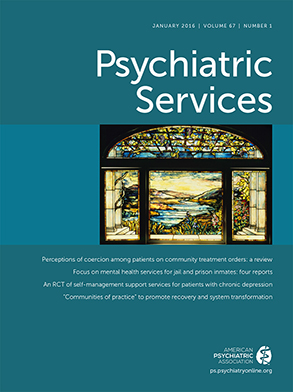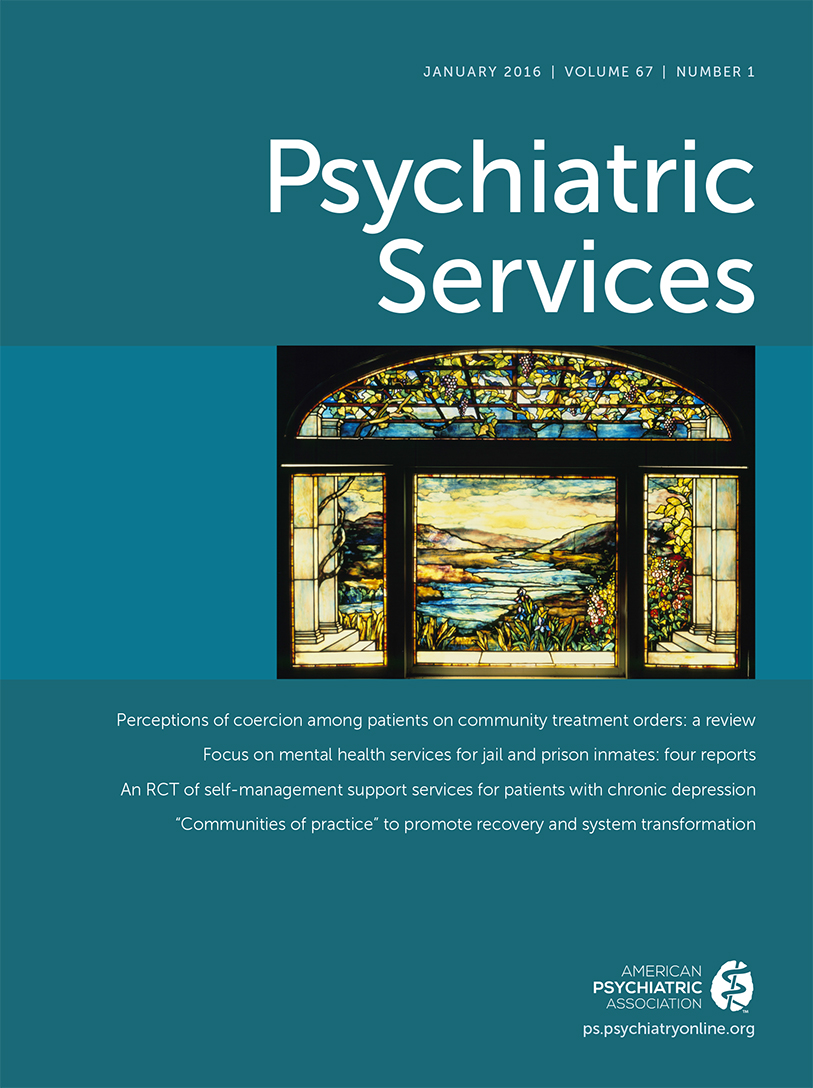Cognitive impairments, including impairments in motivation and initiation, commonly affect people with psychiatric diagnoses. Gamification, or the use of video game design elements to prompt real-life behaviors and prolong engagement, is an emerging technology being used for health promotion that has the potential to compensate for motivational impairments. BoosterBuddy is a mobile application (app) designed by Island Health, which provides evidence-informed mental health self-management tools with the motivational enhancement of gamification-oriented design.
The term gamification came into widespread use in 2010 and was defined by Sebastian Deterding in 2011 as “the use of game design elements in non-game contexts.” The approach was first used in marketing and business to increase brand loyalty and productivity on the job, but other gamification applications quickly emerged, including health promotion. Health applications are broad, ranging from fitness to diabetes self-management. Gamified mental health applications have only begun to be developed.
Cognitive impairment, including motivational impairment, is a major component limiting successful engagement in psychosocial rehabilitation. Social skills training and cognitive remediation programs have used a mix of remediation and compensatory strategies to address cognitive impairments, most commonly addressing attention, memory, organization, and life skills training through computerized drill and practice. However, interventions to specifically address motivational impairment are limited both in standard treatments and in technological interventions. The gamification approach can be conceptualized as an adaptive aid for motivational impairment by jump-starting real-life behaviors, establishing and organizing habits, and magnifying intrinsic motivation.
The BoosterBuddy app uses a broad range of gamification design elements, including a central narrative designed to foster a sense of empowerment, companionship, and hope. Users choose a companion character who must be wakened every day by completing real-life wellness activities or “quests.” Users help their buddy by helping themselves. This narrative progresses as users experience positive feedback and encouragement, both nonverbal and verbal, from their buddy. Game mechanics include a daily check-in and quests challenging users to track their mental status and perform real-life self-management and behavioral activation tasks. Quests are graded to match the user’s needs on that day, guiding the user toward crisis response, symptom management, self-care, and community engagement as appropriate. Intangible rewards (musical fanfare, points, and advancement through levels) are deployed as markers of progress and accomplishment. Users can schedule medication reminders and appointments, and they can create to-do lists, which can be checked off to earn points. Points in the form of virtual coins can be redeemed for accessories to individualize the buddy, further enhancing the central narrative. New accessories are unlocked with each new level to prolong user engagement with the app. Overall progress can be reviewed individually or with a treatment provider, the app thus acting as a memory aid and personal record of progress. As one user explained, “the little fox is really cute, and the idea of getting coins to buy him outfits is a really good incentive for me to keep using the app. I like all of the features, particularly the medication reminders and advice. I also like that you have to help the fox wake up by doing quests, so the app doesn’t have too much of a serious and depressing tone.”
Gamification design components such as these can be helpful for users with hedonic deficits. This approach can foster positive emotions, amplify motivation, and increase perceived ability. Gamification also can be useful for clients with initiation impairments due to frontal lobe deficits by acting as an adaptive aid to prompt behavior and develop habits and routines. Finally, gamification can facilitate the development of personal meaning and hope; thoughtful and good game design recognizes the power of a transformative personal narrative or journey.
Efficacy has yet to be well established for use of gamification for mental health self-management, but current literature suggests that people with psychotic disorders are able and willing to use e–mental health self-management interventions and that these can be as effective as other approaches, particularly for medication adherence. Furthermore, most studies in a recent review found that gamification produces positive motivational outcomes, although the studies were not specific to a mental health context. Furthermore, mobile apps use a relatively small amount of health care dollars to serve a potentially large population while putting tools into the hands of individuals whenever and wherever they need them. Despite the need for more research, BoosterBuddy and other therapeutic approaches designed to compensate for motivational deficits are a valuable addition to mental health services.

